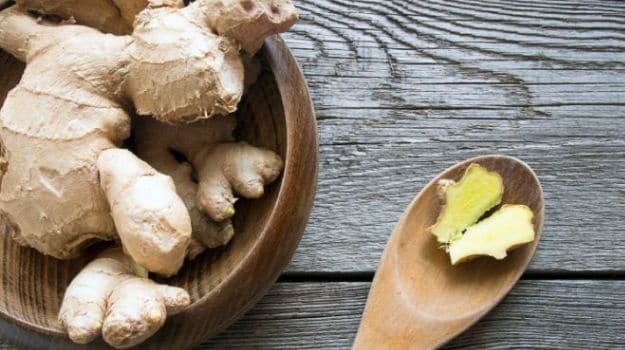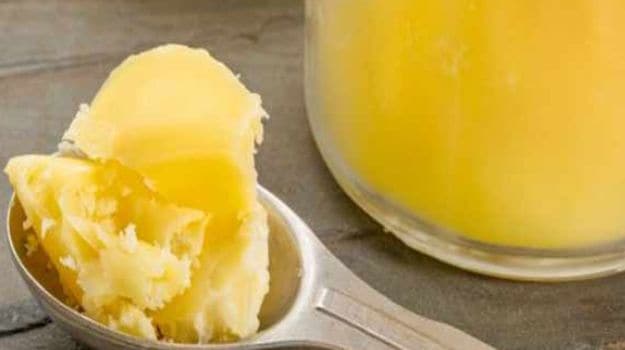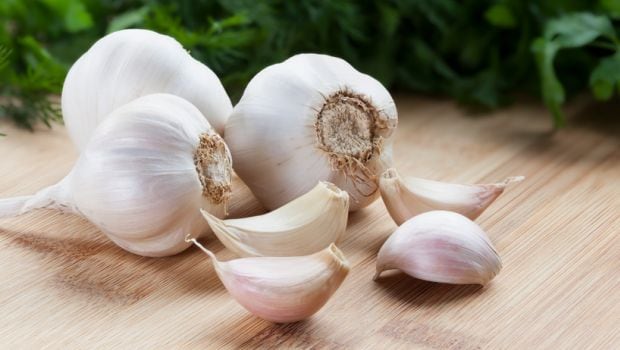
Sinusitis, or more commonly known as sinus, is an infection that occurs in the tissues lining the sinuses, which are a connected system of hollow cavities in the skull. It is a common problem that affects millions of people worldwide. Normally, the sinuses are empty spaces, apart from the thin layer of mucous. But when an infection kicks in, it gets filled with fluid that causes discomfort and pain. While there are various causes that could lead to sinus, pollution is a factor that seems to be affecting the urban population increasingly. A new study states that people living in places like New Delhi or Beijing may be at greater risk of developing chronic sinus problems due to high levels of air pollution in these cities. This is because smog, ash and other particulates from industrial smokestacks and other sources pollute air quality and raise rates of respiratory diseases.
“In the US, regulations have kept a lot of air pollution in check, but in places like New Delhi, Cairo or Beijing, where people heat their houses with wood-burning stoves, and factories release pollutants into the air, our study suggests people are at higher risk of developing chronic sinus problems,” said Murray Ramanathan, Associate Professor at the Johns Hopkins University School of Medicine.
Causes and Symptoms of Sinus
There are different kinds of sinus infections such as Acute Sinusitis, Subacute Sinusitis, Chronic Sinusitis and Recurrent Sinusitis, along with other problems like Deviated Septum, Hay Fever, Nasal Polyps, etc. Sinus is caused due to irritants like virus, pollutants, bacteria, pollens, dust, etc. The common symptoms include nasal blockage, cold, cough, fever, sore throat, headache, etc. In chronic cases, the symptoms last for over 12 weeks or longer, and can even cause breathing problems, sleep apnea and brain infection.
Here are five tips to deal with sinus problems –
1. Block Irritants
Sinus is common among those who are prone to allergies or have respiratory problems. Spring time also happens to be time when the process of pollination is in full swing, and as such the air is filled with pollens. Pollution is another factor. It is therefore advisable to cover your nose every time you step out and also keep your windows shut.

2. Use Fresh Ginger
“When the sinuses become clogged and congested, it is important to drain them. A mixture of fresh ginger juice (or freshly grated ginger pulp) with 1 teaspoon honey taken 2 or 3 times a day will be quite helpful,” as stated in The Complete Book of Ayurvedic Home Remedies by Vasant Lad.

3. Stay Away from Dairy Products
“Dairy products, especially cheese, yogurt and ice cream should be avoided. Also, stay away from chocolate, sugar and yeast containing foods as they trigger excess mucus production in the sinuses,” says Dr. Ashutosh Gautam, Clinical Operations and Coordination Manager, Baidyanath.

4. Avoid Cold Drinks
Cold drinks are a big no-no. The intake of cold liquids will stall cilia movement within the nose, making it difficult for nasal mucus to flow through the nasal passages. But stay hydrated, making sure that you drink good amounts of water.

5. The Power of Ghee
Desi ghee is known for its miraculous properties. An ancient practise is to instil a little warm ghee in each nostril once a day and sniff. You can use an eye-dropper or a clean finger dipped in ghee.

6. Use Garlic
“Here is a more powerful remedy that you can use for severe sinus congestion and pain. You may not enjoy doing this, but it works. Use a garlic press to squeeze out some fresh garlic juice. With an eye dropper, pick up some juice and insert just a few drops into each nostril. Keep your head tilted back for about 5 minutes to let the juice work, then sit up and let it drain out onto a tissue,” as stated in The Complete Book of Ayurvedic Home Remedies by Vasant Lad.

7. Nasal Wash
Another common practice is to inhale a little amount of water through one nostril and exhale it through the other nostril. It is tough to do this, but it proves to be good for the sinuses. You can also make a mild solution by dissolving 1/2 teaspoon of salt in 1/2 cup lukewarm water and instill 5 drops of the solution into each nostril with a dropper and then drain it.

Follow these easy tips to bring relief. For severe sinus issues, please consult a doctor.
[“source-ndtv”]








